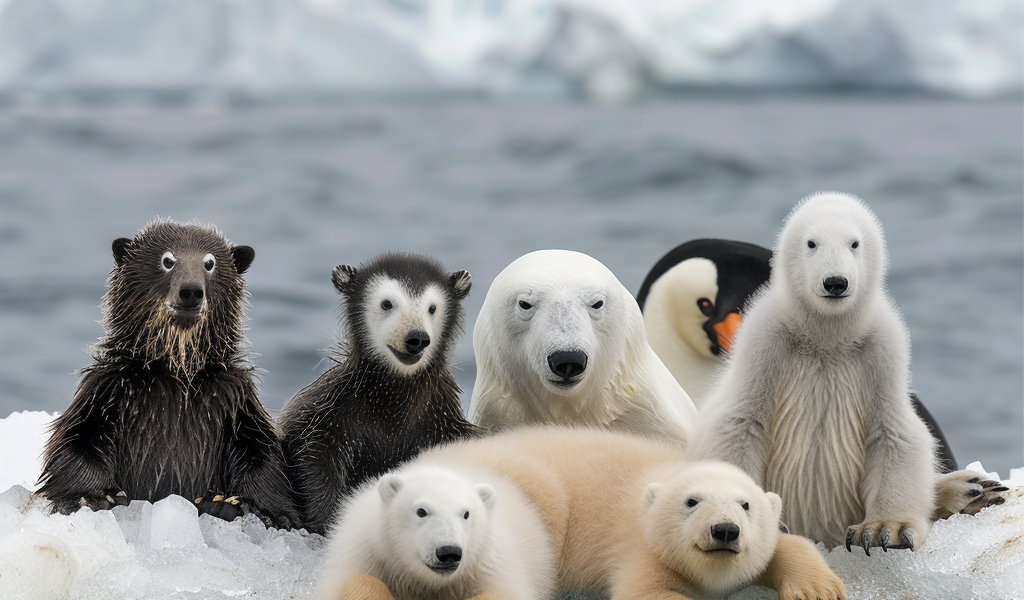A recent study conducted by the University of Oxford has shed light on the vulnerability of certain animal species to extinction as a result of climate change. The findings, published in the journal Science, provide valuable insights that could aid in identifying and protecting species at risk due to human-induced climate change.
According to the study, species with limited thermal ranges of less than 15°C, particularly those inhabiting polar or tropical regions, are at the highest risk of extinction. The research suggests that significant localized climate changes could have global implications, potentially pushing the planet towards a sixth mass extinction event.
Professor Erin Saupe, the lead author of the study from the Department of Earth Sciences at the University of Oxford, highlighted the historical impact of climate change on biodiversity. Natural fluctuations in greenhouse gases, often triggered by volcanic activity, have previously led to numerous species extinctions. However, the specific factors influencing a species’ resilience to such changes and the impact of climate change magnitude on extinction risk have remained unclear until now.
To address these questions, the researchers examined the fossil record of marine invertebrates spanning 485 million years. By analyzing over 290,000 fossil records across 9,200 genera, the study identified key traits affecting extinction resilience, including previously overlooked factors such as preferred temperature. Integrating this trait data with climate simulation information enabled the development of a model to assess the most critical factors influencing extinction risk during climate change.
The study revealed that species exposed to substantial climate change, particularly those facing temperature shifts of 7°C or more over geological periods, were significantly more susceptible to extinction. Additionally, species inhabiting climatic extremes, such as polar regions, were found to be disproportionately vulnerable to extinction.
These findings underscore the urgent need for proactive conservation efforts to safeguard vulnerable species from the escalating threat of climate change. By leveraging the insights gleaned from the fossil record, researchers aim to enhance conservation strategies and mitigate the potential impact of human-driven climate change on global biodiversity.





